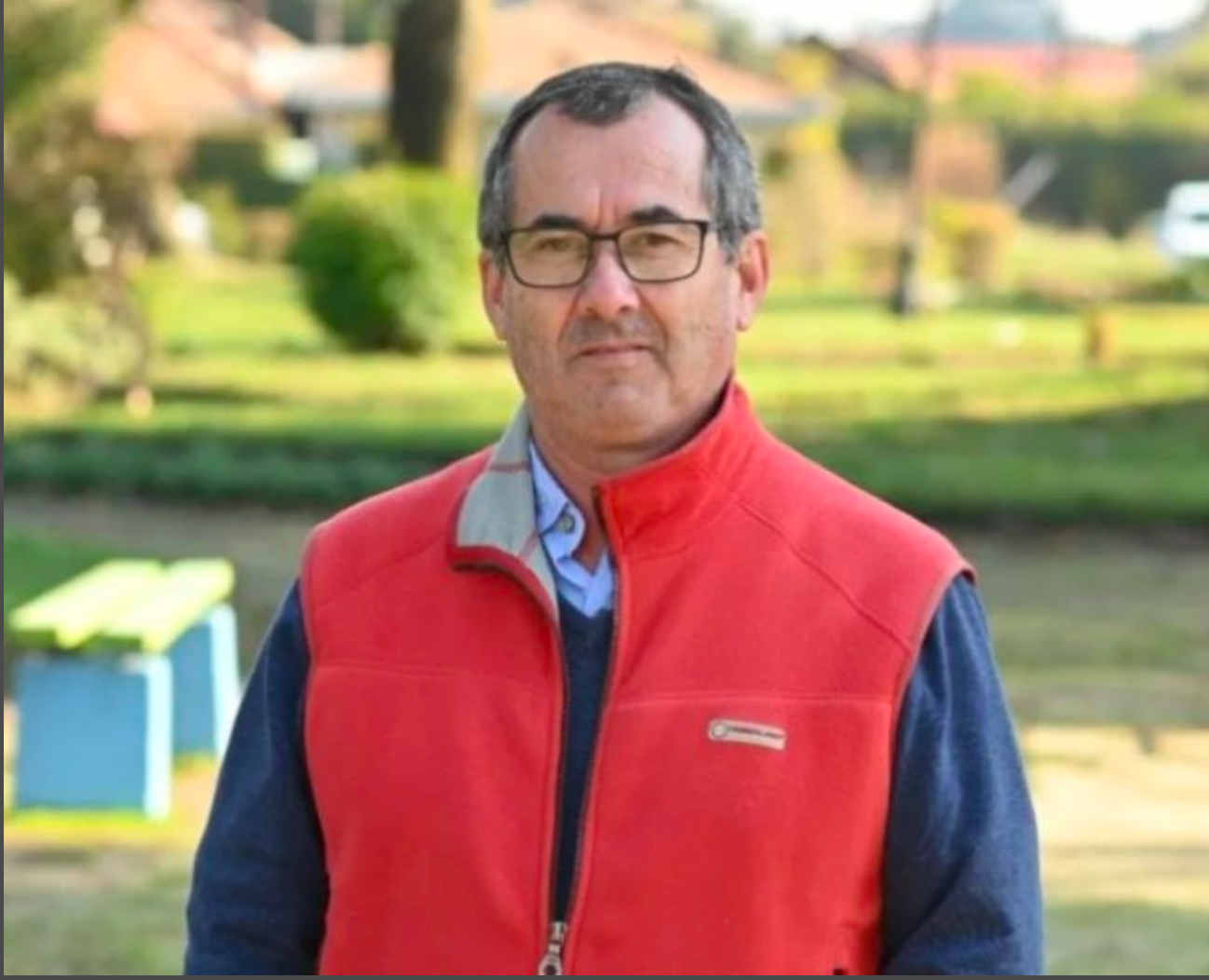The half-hearted and unsuccessful efforts made by various governments in Chile over the past ten years to address organized political violence are harming the local economies of many rural municipalities. This ongoing situation leaves in its wake direct victims such as workers, peasants, community members, farmers, and small and medium-sized entrepreneurs (SMEs and micro-SMEs). But also, as silent witnesses to these events, are all those towns, villages, coves, and other remote places that had found in rural tranquility their unique way of life, attractive to visitors. Iconic locations and destinations in the province of Arauco, such as Tirúa, Quidico, Contulmo, and the lakes Lanalhue and Lleu Lleu—once must-visit spots for lovers of untamed nature—have now been turned into uninhabitable places due to violence, the burning of homes, hotels, restaurants, and their destruction.
In the province of Malleco, what is happening in Capitán Pastene, in the municipality of Lumaco, is lamentable. Once a land known for its harmonious coexistence and cultural blend of Italian immigrants and Mapuche communities, Capitán Pastene had become a typical town renowned nationally for its high-quality gastronomy, exquisite pastas, prosciuttos, and artisanal products. Today, due to the conflict, it is no longer an attractive destination for visitors.
According to data collected by the Association of Forestry Contractors AG (Acoforag) by 2022, out of the 107 municipalities that make up the southern macrozone, 50 have been affected by one or more violent attacks. In other words, the scope of the problem spans 46.7% of the municipalities in this territory, where the main economic activity supporting family livelihoods revolves around timber production.
In this compilation of attacks gathered by the association from 2014 to the present, the municipalities with the highest number of violent incidents are identified. In the Biobío region, Contulmo is the most affected with 38 attacks, followed by Cañete with 35 and Tirúa with 20 attacks on forestry contractors. In the Araucanía region, Lumaco leads with 36 attacks, followed by Collipulli with 35 and Carahue with 21. In the Los Ríos region, Lanco has suffered 13 attacks, Panguipulli 5, and San José de la Mariquina 3. Lastly, in the Los Lagos region, the municipality of San Juan de la Costa has recorded 9 attacks and Río Negro 3.
These figures lead us to conclude that 19% of the municipalities in the Biobío region, 31% in Araucanía, 19% in Los Ríos, and 3% in Los Lagos are affected and threatened by terrorist political violence. This is preventing the normal development of their local economies, plunging both Indigenous and non-Indigenous families into poverty and hardship, forcing them to emigrate from territories where there is no longer work or opportunities for personal entrepreneurship.
The development of municipalities around the timber and tourism sectors had succeeded in creating identity through unique, locally rooted products and services, fostering a sense of belonging to a culture, a people, and a place.
Let us no longer allow violence to uproot us and strip away the essence of our lives: where we come from and where we are going.
Rene Muñoz Klock
Association of Forestry Contractors A.G.
Source:latribuna.cl







Comments (0)
No comments yet. Be the first to comment!
Leave a comment